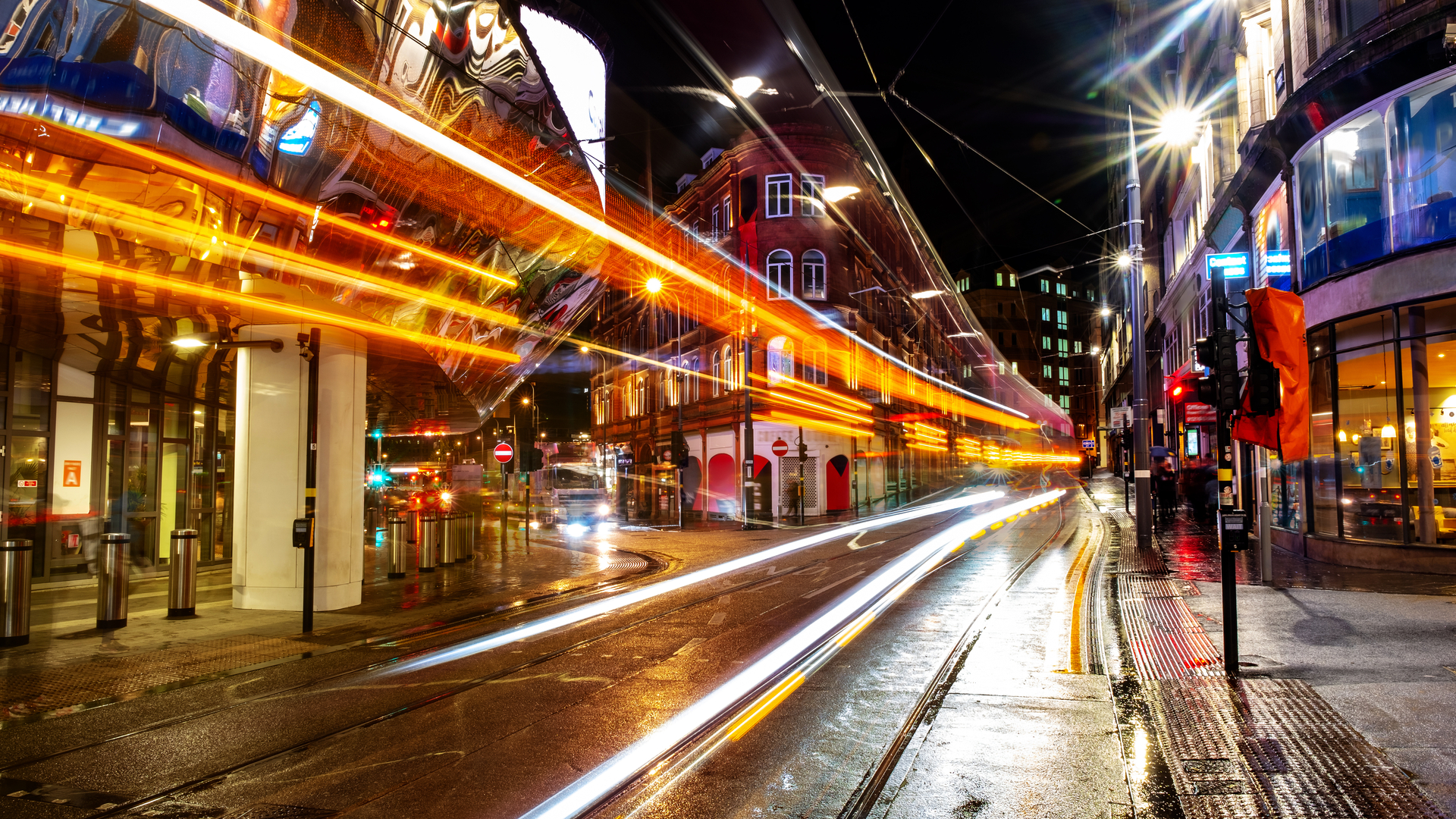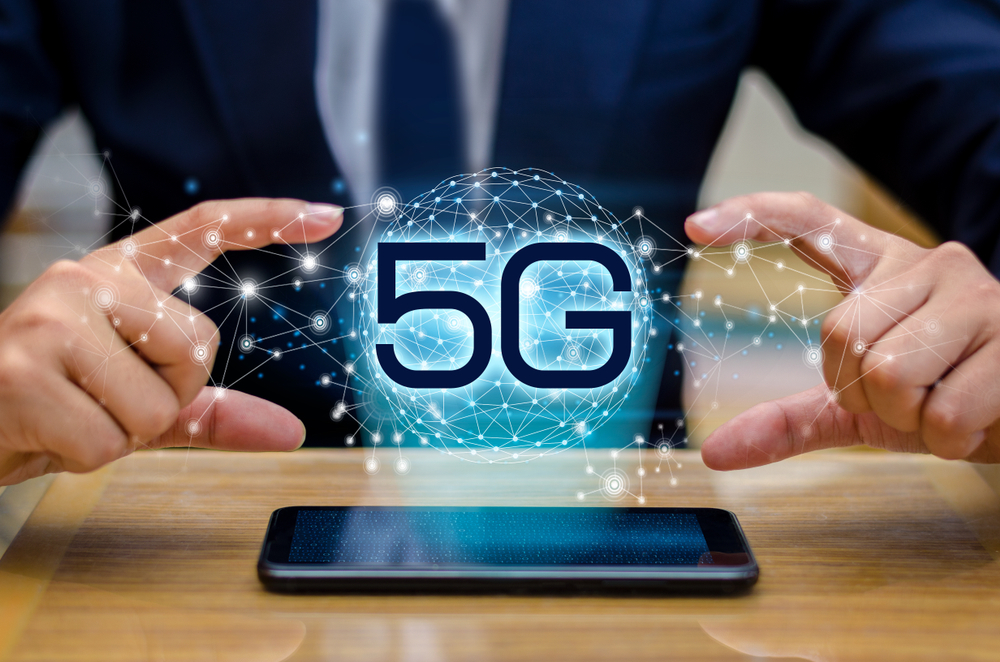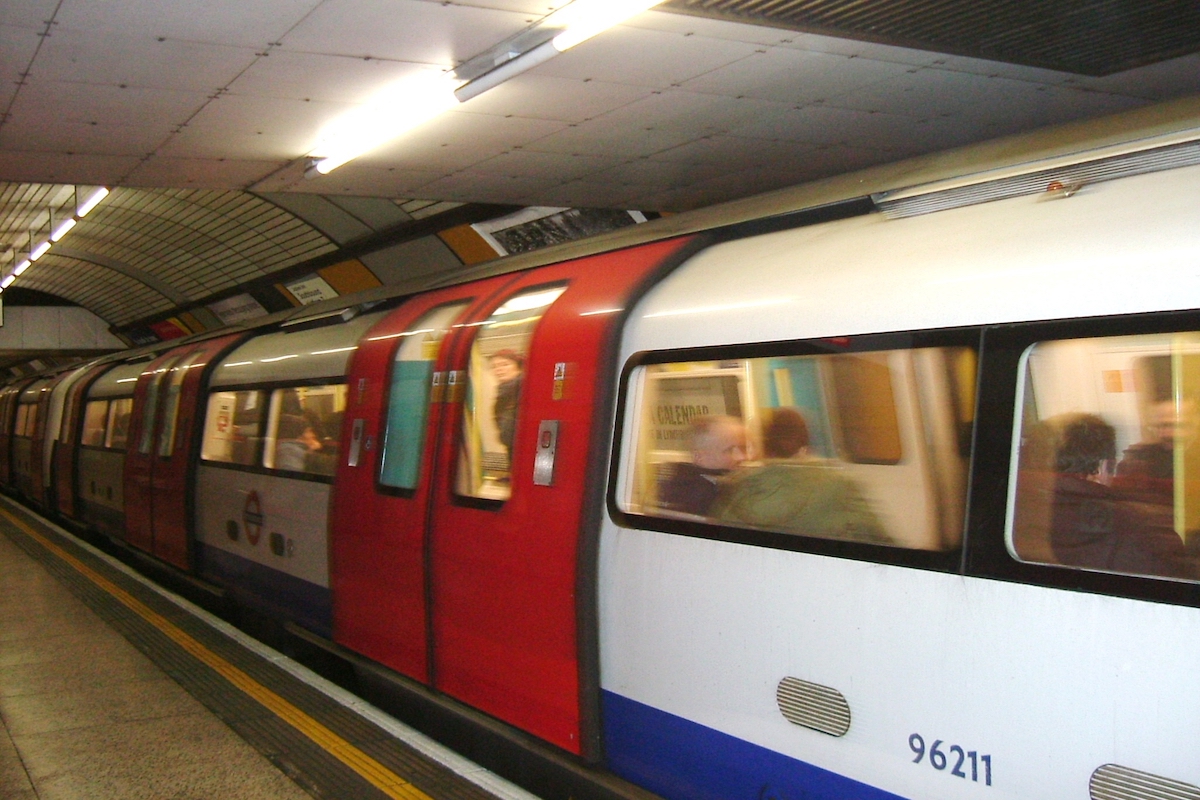Birmingham crowned the fastest UK city for 4G download speeds
While Birmingham also recorded the highest speed hike over 2019, London came in at a middling 9th place


Mobile network download speeds rose the fastest in Birmingham against any other city over the latter half of 2019, making the Midlands hub the fastest city in the UK for 4G speeds.
With aggregate median download speeds of 28.9 Mbps, Birmingham narrowly edged Liverpool’s 28.8 Mbps to rank as the number one city, on average across all four major network operators.
The pair were closely followed by Manchester, which recorded median aggregate speeds of 26.7 Mbps, according to performance benchmarking from RootMetrics.
Researchers used a fleet of Samsung Galaxy S9 smartphones to conduct tests during day and night sessions, while walking and driving, to gain a broad reflection of the levels of 4G access and speeds. These tests were performed with all four network operators: EE, Vodafone, Three and O2.
Although the company does perform 5G testing, no 5G speeds were factored into the rankings due to sporadic availability. However, the firm anticipates that the technology will be available widely enough to test in its next report spanning the first half of 2020, out later this year.
“While it’s clear that 4G LTE networks provided generally fast speeds in most UK metros (especially those of EE and Vodafone), 5G could ultimately change the game for end users looking for fast data connectivity,” the report concluded.
“We’ve already begun our first-half 2020 testing in UK metros, and those results will include 5G (where available). As 5G continues to expand, we expect to see faster aggregate median download speeds and stronger performance in general going forward.
Get the ITPro daily newsletter
Sign up today and you will receive a free copy of our Future Focus 2025 report - the leading guidance on AI, cybersecurity and other IT challenges as per 700+ senior executives
“Keep in mind, however, that new network technologies always take time to reach their full capabilities, and we don’t expect 5G to become ubiquitous until 2021 or 2022," the report said.
Birmingham saw a staggering rise in average speeds during the second half of 2019, up 4.2 Mbps, which was also the greatest speed spike among all UK cities tested. This is due to consistently high speeds from EE and Vodafone, combined with much faster speeds from Three and O2.
Hull saw the second-largest speed boost, rising by 3.6 Mbps to achieve 24.5 Mbps, given a massive speed increase in EE speeds from 36.8 Mbps in the first half of 2019 to 51.2 Mbps.
This is slightly faster than London, in which RootMetrics registered middling speeds of 24.1 Mbps, ranking the UK’s capital 9th among the 16 UK cities tested.
Generally, the mobile performance was steady across most cities during the latter half of 2019, with routine network upgrades leading to generally small, incremental improvements.
A massive variation in 4G speeds between the four mobile network operators can be attributed to a number of factors, especially the availability and quality of infrastructure. Fluctuations in download speeds over time can, in turn, be affected by things like the construction of new buildings, to new cell towards being added to a city.
Of the worst-performing cities, meanwhile, Newcastle ranked last, with sluggish download speeds of 20.1 Mbps, followed by Leeds and Bradford (classed as one), and Sheffield, each registering 20.7 Mbps.
Glasgow was the fastest non-English city, boasting a fourth-place ranking with speeds of 26.7 Mbps, while Cardiff and Belfast, of Wales and Northern Ireland, ranked a very similar 12th and 13th with speeds of 21.7 and 21.6 Mbps respectively.

Keumars Afifi-Sabet is a writer and editor that specialises in public sector, cyber security, and cloud computing. He first joined ITPro as a staff writer in April 2018 and eventually became its Features Editor. Although a regular contributor to other tech sites in the past, these days you will find Keumars on LiveScience, where he runs its Technology section.
-
 Should AI PCs be part of your next hardware refresh?
Should AI PCs be part of your next hardware refresh?AI PCs are fast becoming a business staple and a surefire way to future-proof your business
By Bobby Hellard
-
 Westcon-Comstor and Vectra AI launch brace of new channel initiatives
Westcon-Comstor and Vectra AI launch brace of new channel initiativesNews Westcon-Comstor and Vectra AI have announced the launch of two new channel growth initiatives focused on the managed security service provider (MSSP) space and AWS Marketplace.
By Daniel Todd
-
 Nokia and NASA join forces to bring 4G to the moon
Nokia and NASA join forces to bring 4G to the moonNews Cellular service will provide the communications needed for meaningful moon exploration
By Tyler Omoth
-
 LTE vs 4G: Which is better?
LTE vs 4G: Which is better?In-depth Comparing LTE vs 4G has become common in recent years, but how exactly do they differ, and is 4G faster?
By Jane McCallion
-
 What is 4G?
What is 4G?In-depth A look at the fourth generation of mobile networking technology and its availability in the UK
By Rene Millman
-
 4G vs 5G - what's the difference?
4G vs 5G - what's the difference?Vs From 3G to 4G, mobile connectivity has revolutionised our lives. Now 5G is set to do it again
By Bobby Hellard
-
 The best 4G network
The best 4G networkIn-depth Every mobile provider offers 4G contracts, but which one is the best for you?
By Carly Page
-
 More than a million UK properties don't have access to 'decent' broadband speeds
More than a million UK properties don't have access to 'decent' broadband speedsNews Ofcom's Connected Nations report finds broadband is still lacking across 4% of the UK
By Roland Moore-Colyer
-
 4G London Underground coming in 2019, following successful tests
4G London Underground coming in 2019, following successful testsNews No more internet blackspots, even under ground
By Alan Martin
-
 Online-only smartphone sales key driver for 4G device uptake
Online-only smartphone sales key driver for 4G device uptakeNews Shipments of 4G devices are expected to increase by 8.67% CAGR between 2017 and 2021
By Clare Hopping